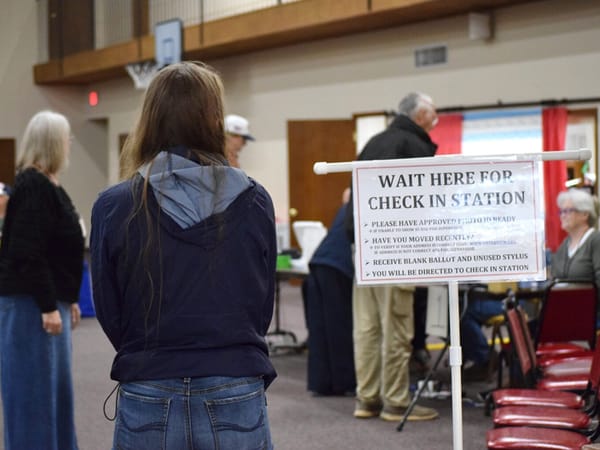A Prescription for Change in Arkansas Health Care
Arkansas has passed Acts 52, 624, and 630 to expand prescription access and modernize health care rules. Learn what each law means, the legal fight over PBMs, and how these reforms could change care across the state.

Arkansas lawmakers have enacted three major reforms, Acts 52, 624, and 630, designed to expand access to prescription medications and modernize long-standing rules in the state’s health care system. The measures have drawn strong public support, seen by many as long overdue after years of stalled efforts. While Act 624 remains tied up in the courts, Acts 52 and 630 are set to go into effect on August 5, and supporters remain optimistic that Act 624 will eventually move forward.
Act 52: Opening the Door for Nonprofit Hospitals
Act 52 overturns a law dating back to 1975 that prohibited nonprofit hospitals in Arkansas from holding pharmacy permits. Arkansas had been the only state in the nation with such a restriction, preventing tax-exempt and publicly funded hospitals from owning or investing in retail pharmacies.
Supporters argued for years that hospital-run pharmacies could improve patient access by offering high-cost medications and providing extended hours that many independent drugstores cannot match.
Under the new law, the State Board of Pharmacy can issue permits for retail pharmacies located within 250 yards of a nonprofit hospital. Hospitals may also receive one additional permit for every 100 beds they operate. There is no cap on the number of pharmacies a nonprofit hospital can run in conjunction with infusion centers, and these facilities may also prioritize serving underserved communities.
Act 630: Expanding Access Through Distribution Reform
Act 630 aims to strengthen local access to medications by preventing drug manufacturers from restricting distribution to a narrow group of out-of-state pharmacies.
The law also directs the State Board of Pharmacy to review and process permit applications within 30 days, a timeline that includes the required on-site inspection.
Representative Brandon Achor of Maumelle, a pharmacist and lead sponsor of the bill, described the previous system as a public safety concern, particularly when patients could only obtain some medications through mail-order services.
Supporters argue that the reform will remove unnecessary obstacles in drug distribution and expand access to specialized treatments. The University of Arkansas for Medical Sciences said the law will make it easier to provide advanced cancer therapies to patients, including those participating in clinical trials.
Act 624: Controlling the Intermediaries
While Acts 52 and 630 are now in effect, Act 624 has been temporarily blocked after four pharmacy benefit managers, along with the Pharmaceutical Care Management Association, filed lawsuits in July challenging the measure.
Set to take effect on January 1, 2026, Act 624 would prohibit PBMs from holding permits to operate pharmacies in Arkansas.
PBMs act as middlemen in the prescription drug supply chain, negotiating prices among drug manufacturers, insurers, pharmacies, and distributors. Many of the largest PBMs also operate their own pharmacies and insurance companies. OptumRx, Express Scripts, and CVS Caremark, three of the nation’s largest PBMs and plaintiffs in the lawsuit, collectively handle 79 percent of prescription drug claims for an estimated 270 million Americans, according to a Federal Trade Commission report released in July 2024.
In his ruling, U.S. District Judge Brian Miller found that the law likely violates the Constitution’s commerce clause. The state has filed a notice of appeal, and both sides have agreed to pause further proceedings until the appeal is resolved.
Industry Response and Local Impact
The Arkansas Pharmacists Association stayed neutral on the final version of Act 52 but has strongly supported Act 624. Independent pharmacists have long criticized PBMs for controlling reimbursement rates, steering patients toward their own affiliated pharmacies, and finding ways to bypass or ignore state regulations meant to keep them accountable.
John Vinson, CEO of the Arkansas Pharmacists Association, said that even if Act 624’s enforcement is delayed, Act 52 already represents meaningful progress by allowing nonprofit hospital pharmacies to operate. While he acknowledged that access to some medications will remain limited, he stressed that the law helps expand availability overall.
Looking Ahead
For many Arkansans, the new laws signal a long-awaited shift in the state’s approach to health care access. Acts 52 and 630 are reshaping pharmacy rules and drug distribution, while Act 624’s future will be determined in the courts.
As Vinson and other advocates note, the changes mark progress. The broader question remains: why did it take Arkansas nearly five decades to catch up?





